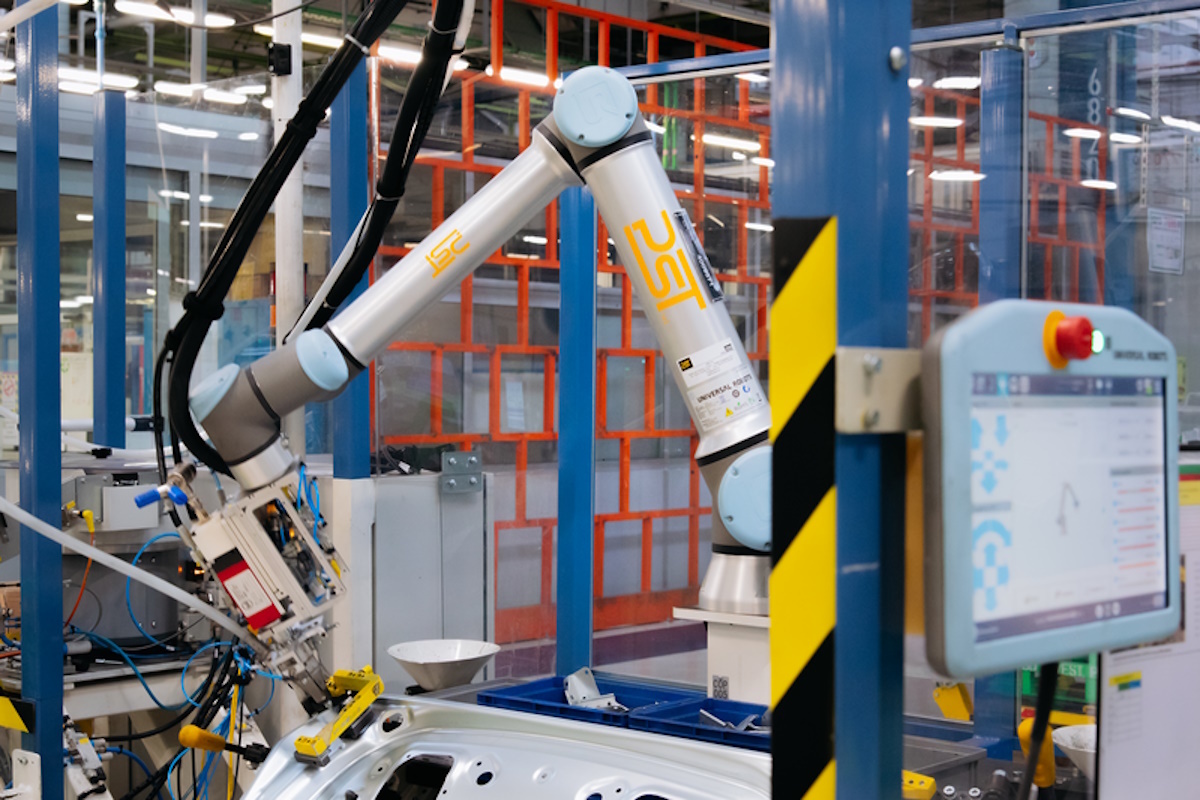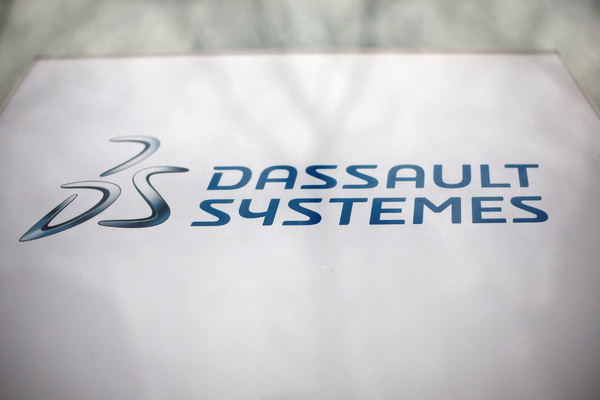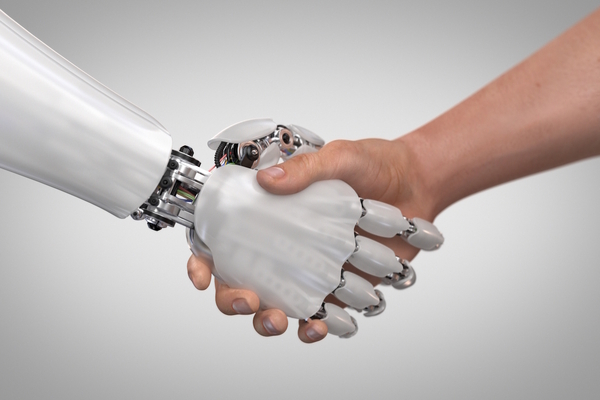The rise of the cobots

Stacey Moser at Universal Robots identifies five reasons why larger companies are increasingly using cobots
When it comes to automating factory operations, big corporations have traditionally relied on costly industrial robots that are operated by expert in-house engineers. But an increasing number of larger businesses are turning to smaller collaborative robots (cobots) to enhance their current production set-up and accelerate their factory automation.
Here are five of the chief reasons for this trend.
1. Cobots complement robots
Cobots are complementary to conventional industrial robots. It’s not a question of either/or for large companies. Traditional industrial robots are an essential part of operations for many factories.
However, what we’ve learned from large factories is that they’re seeking increased automation and greater flexibility. Part of the attraction of cobots is that they can be swiftly integrated into existing production lines without the need for significant modifications to the workflow.
And, because they’re compact with a small footprint, it’s often possible to introduce cobots without making changes to the factory floor – a big plus when space is at a premium. Cobots can also come with an industrial standard interface like ProfiNet, ProfiSafe and other Ethernet based protocols, which are mandatory in larger production lines and accelerate integrations.
However, a really exciting part is when cobots are used to work with traditional industrial cobots.
Take Stellantis, a leading global automaker and provider of innovative mobility solutions, which uses cobots across several parts of its production. In Italy, the company already had a sophisticated powertrain plant with traditional industrial robots. Within this highly automated environment, the factory now uses cobots at a station for oil pan dispensing to maximise production.
The solution has increased quality and safety and reduced downtime caused by this station to zero.
2. Tackling skills shortages with cobots
Cobots can also be used to tackle long-standing labour and skills shortages. Large companies are not immune to the labour and skills shortages affecting manufacturing businesses across most markets. Companies have to work harder today to attract and retain workers. In fact, recent research suggests that large companies have the longest way to go when it comes to employee retention.
Cobots can help companies increase production capacity and output without needing to hire more employees – an attractive benefit in a competitive labour market.
But they can also have a more profound impact on workplaces, relieving workers from repetitive and physically challenging tasks, creating safer working environments, and freeing up time for employees to take on more meaningful tasks with potential for upskilling and improved morale.
It’s common to see employees naming their cobots, and it’s often the operator that comes up with new uses for collaborative automation in a factory. In a tough recruiting environment, cobots give large companies a fighting chance to attract and retain employees.
3. Modernising production lines with cobots
Large companies are using cobots to create the modern production line – with flexibility, simplification and modularity at its heart. Cobots have a couple of important features that traditional industrial robots lack.
They’re specifically designed to have an easy user interface, which means specialist expertise is not generally required for reprogramming.
They’re also portable and, while many companies are happy to purchase a cobot with a single task in mind, an increasing number of businesses, including larger companies, value the flexibility cobots offer.
Their position and roles in production can be modified and repurposed as gaps appear on the manufacturing floor. They can be hung from ceilings, mounted to a rolling cart, or even placed on a mobile robot. Multiple programs can be stored and reloaded to tackle product variations, and adjustments can be handled in-house.
There’s nothing new here – it’s what cobots were designed for. But the desire from larger companies to harness that flexibility and turn it towards more modular approaches to production is growing, as they respond to increased demand for personalisation and more uncertain market conditions. Global organisations are rethinking automation, productivity, and supply chains, and with that comes new approaches to factory layouts.
4. Cobots are accelerating in usefulness
Continual technical advances mean cobots will only increase in usefulness . In the years since cobots were first created, the pace of technological change has been rapid.
In the last few years in particular, machine learning and artificial intelligence have started to transform industrial automation – and cobot automation is leading the way. Large companies are well placed to start harnessing these new capabilities, for example using cobots with machine learning to identify trends and reduce process inefficiency.
This combination of cobots and AI/machine learning will continue to unlock challenging applications once thought impossible.
5. Cobots enhance quality
Cobots are helping larger companies experience the same benefits as smaller companies. Larger companies are increasingly employing cobots for the same reason that organisations of any size do – because they can enhance quality and improve productivity for companies of all sizes.
The inherent precision of cobots means they can improve the consistency of throughput and create more stable output quality. They can also prolong factory production, reduce downtime, and open up the possibility of 24/7 production lines. These factors mean that return on investment tends to be fast.
For example, by leveraging a UR5 cobot equipped with a custom gripper, Melecs EWS in Austria was able to significantly improve the packaging process for printed circuit boards, increasing productivity by 25%. The cobot, handling several steps simultaneously and working flawlessly in three-shift operations, has allowed the company to package two million circuit boards annually, underscoring the effective role cobots can play in enhancing manufacturing productivity.
Cobot technology can both simplify and digitise automation within production environments. In collaboration with ecosystem partners, cobot manufacturers are managing fleets of cobots on factory floors to improve productivity and alleviate labour shortage issues. The promise of cobot technology for major manufacturing firms remains highly apparent.
Stacey Moser is Chief Commercial Officer at Universal Robots who specialise in equipping major international companies such as Stellantis in Italy and Melecs EWS in Austria with cobot technology
Main image courtesy of Universal Robots

Business Reporter Team
Most Viewed
Winston House, 3rd Floor, Units 306-309, 2-4 Dollis Park, London, N3 1HF
23-29 Hendon Lane, London, N3 1RT
020 8349 4363
© 2025, Lyonsdown Limited. Business Reporter® is a registered trademark of Lyonsdown Ltd. VAT registration number: 830519543





